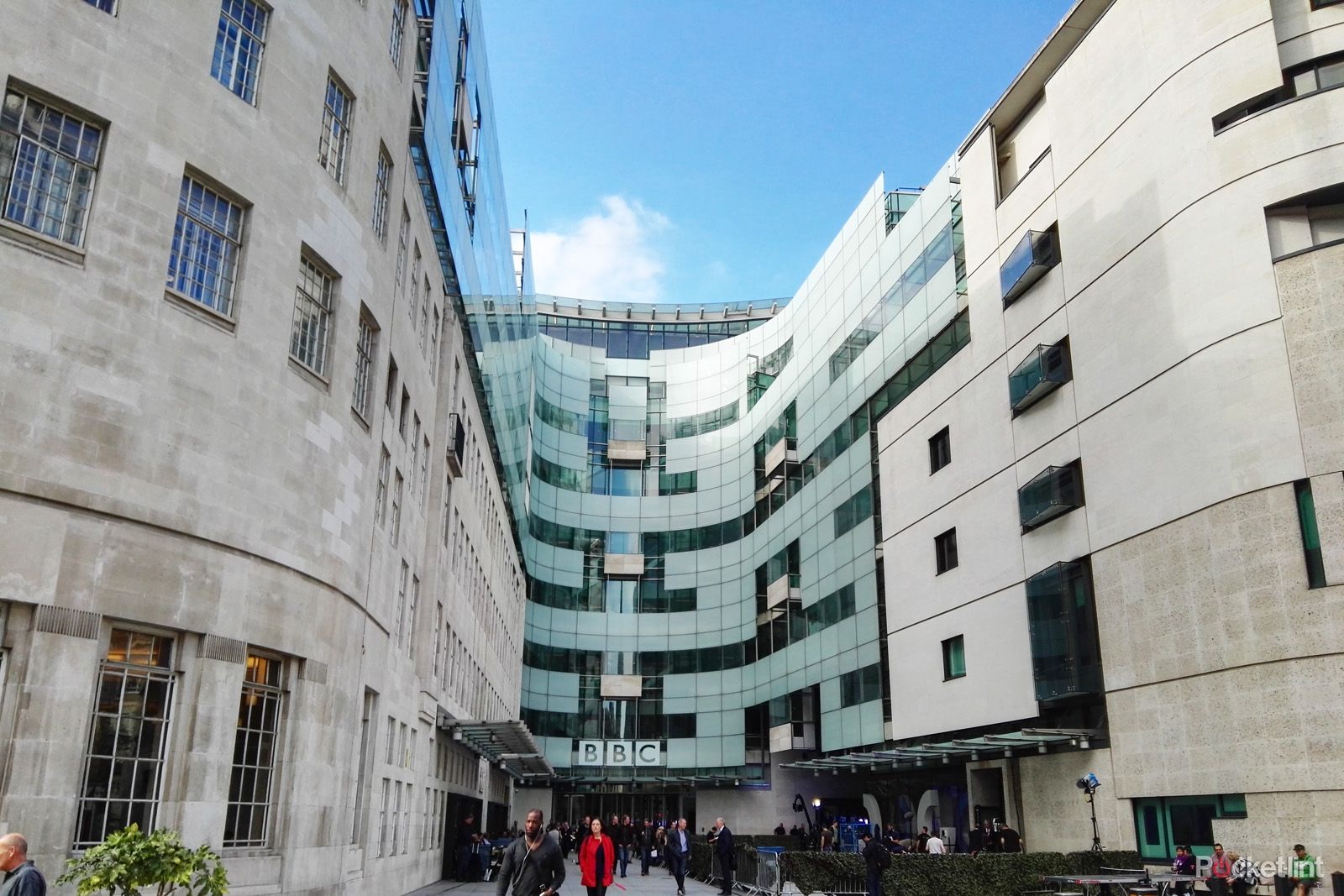The BBC's director-general has revealed that the corporation is planning for a future without its terrestrial TV channels.
Tim Davie told the Royal Television Society that the Beeb could move towards an internet-only model within the next decade.
That means the likes of BBC One, Two, Three and Four will no longer be available on Freeview or other digital TV platforms. In fact, the existing channels could be united under just one brand - The BBC.
"The BBC will focus its effort on the digital world and over time this will mean fewer linear broadcast services and a more tailored joined-up online offer," he said.
"For the BBC, internet-only distribution is an opportunity to connect more deeply with our audiences and to provide them with better services and choice than broadcast allows.
"It provides significant editorial opportunities. A switch off of broadcast will and should happen over time, and we should be active in planning for it."
If it goes ahead, the move could signal the end of terrestrial TV in the UK altogether. It would be the biggest change to the British television landscape since the digital switchover completed in 2012.
At that time, many viewers - especially the elderly - were left with televisions that no longer received broadcasts. It's something that could happen again, although Davie acknowledges that the industry will need to collectively reduce the impact: "We must work together to ensure that everyone is connected, and can get their TV and radio via the internet," he explained.
"This isn’t something to resist. A fully connected UK has very significant benefits for society and our economy. It would unleash huge opportunities for innovation."

